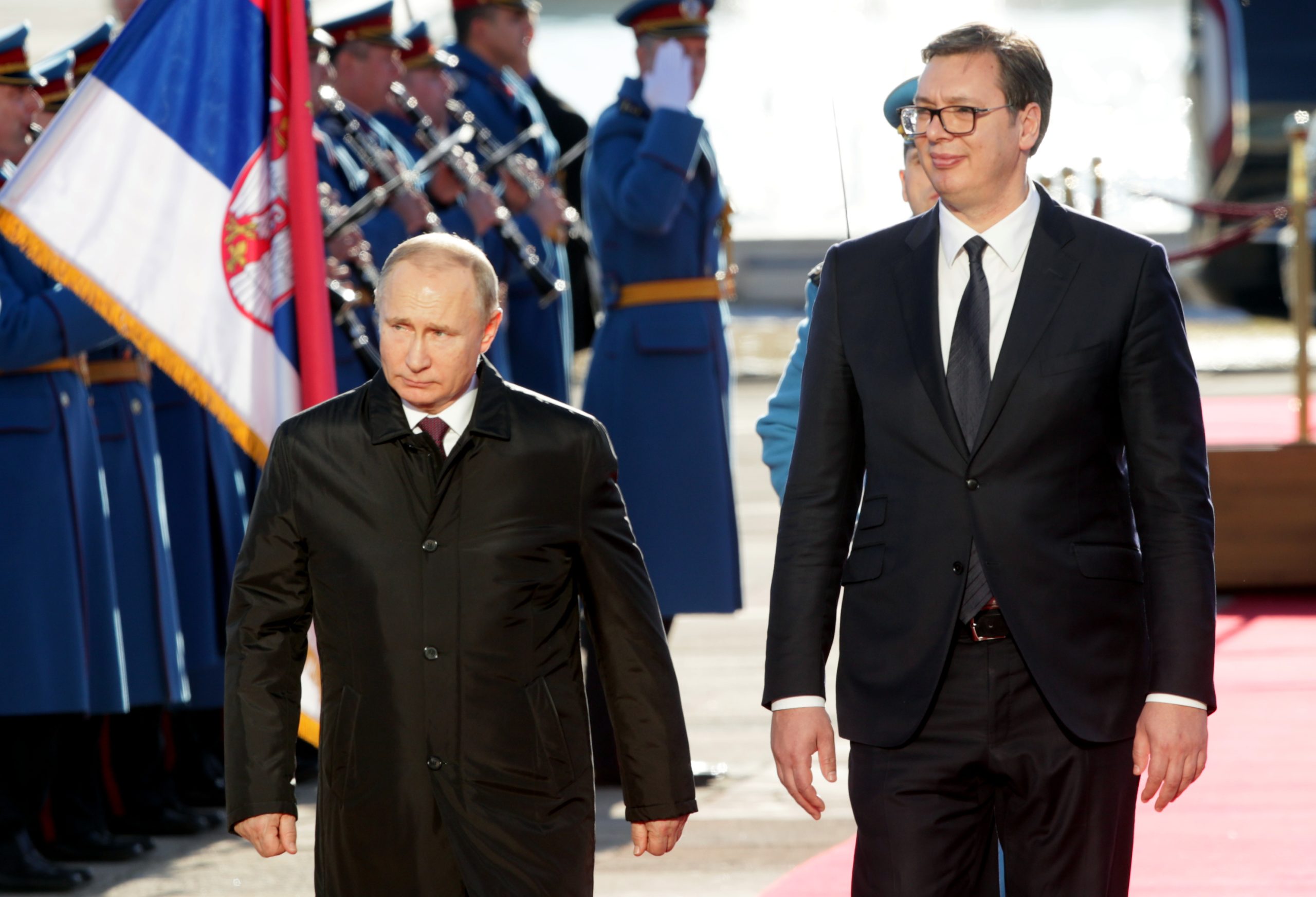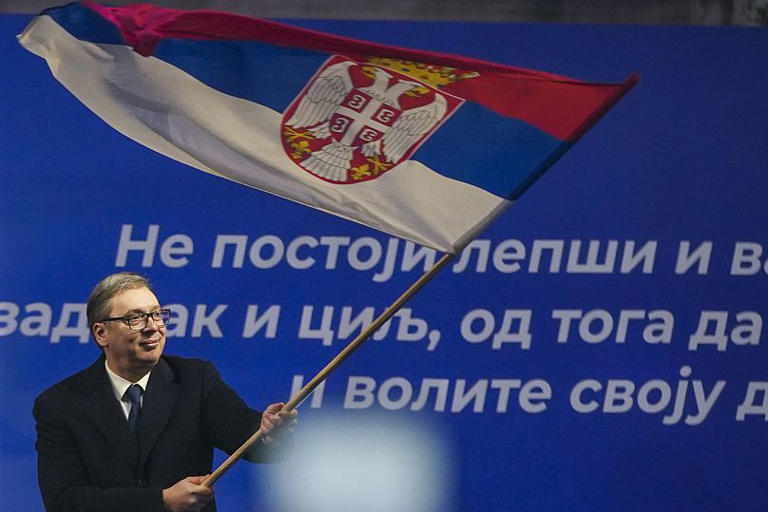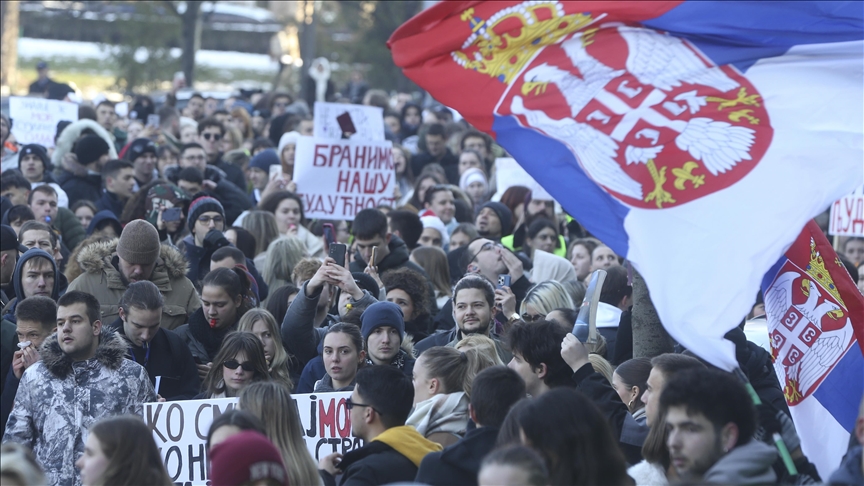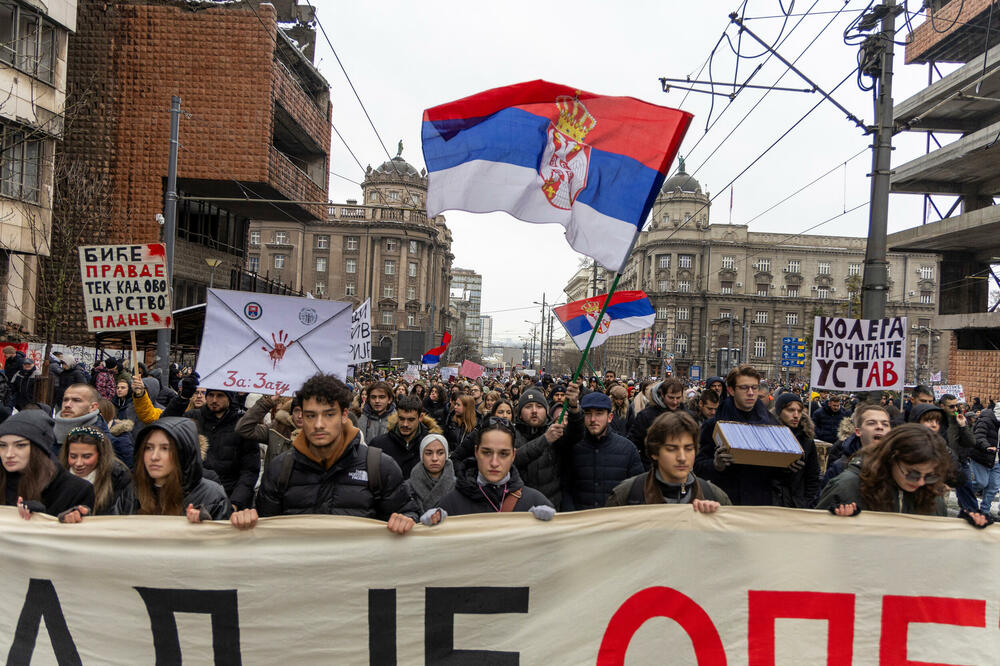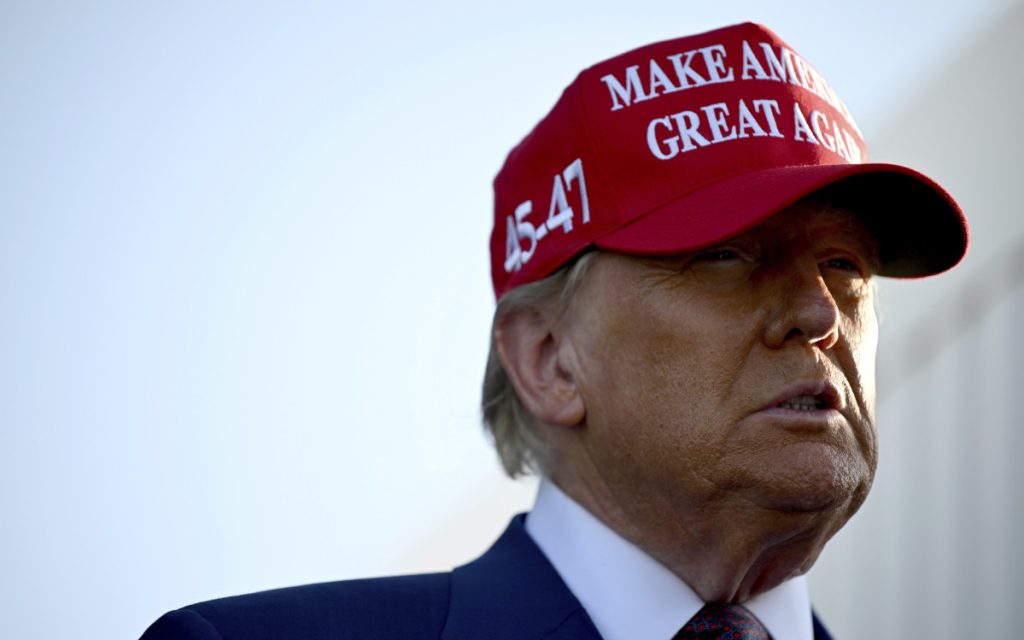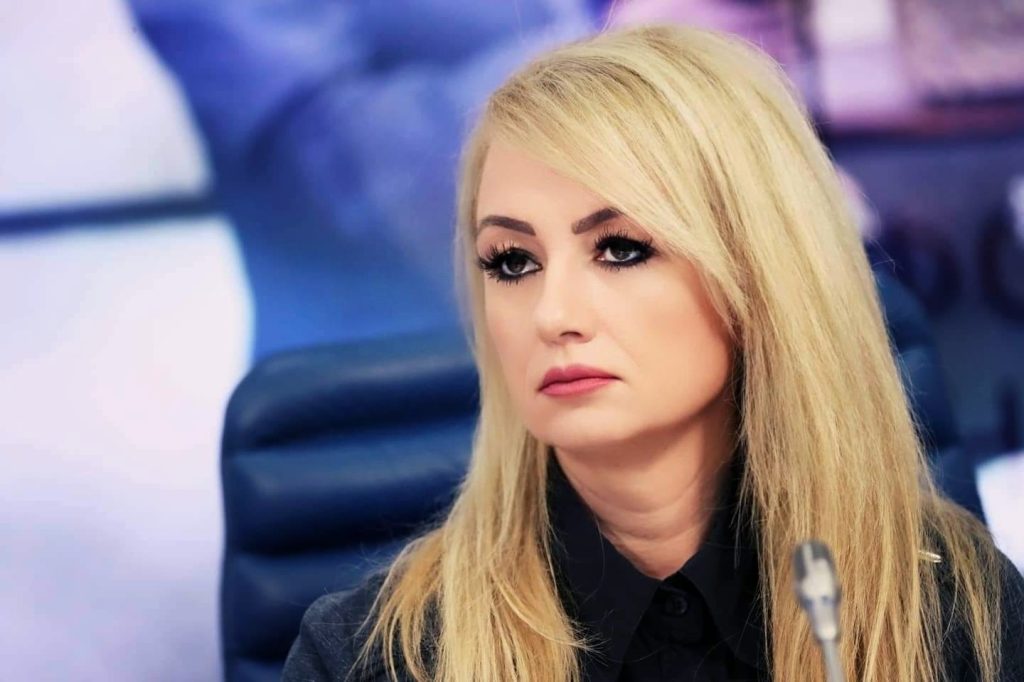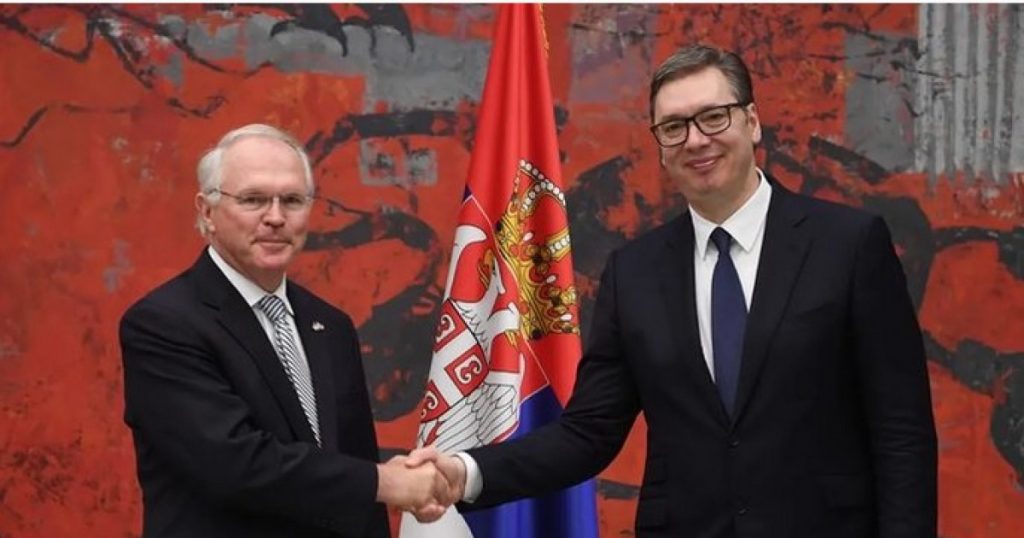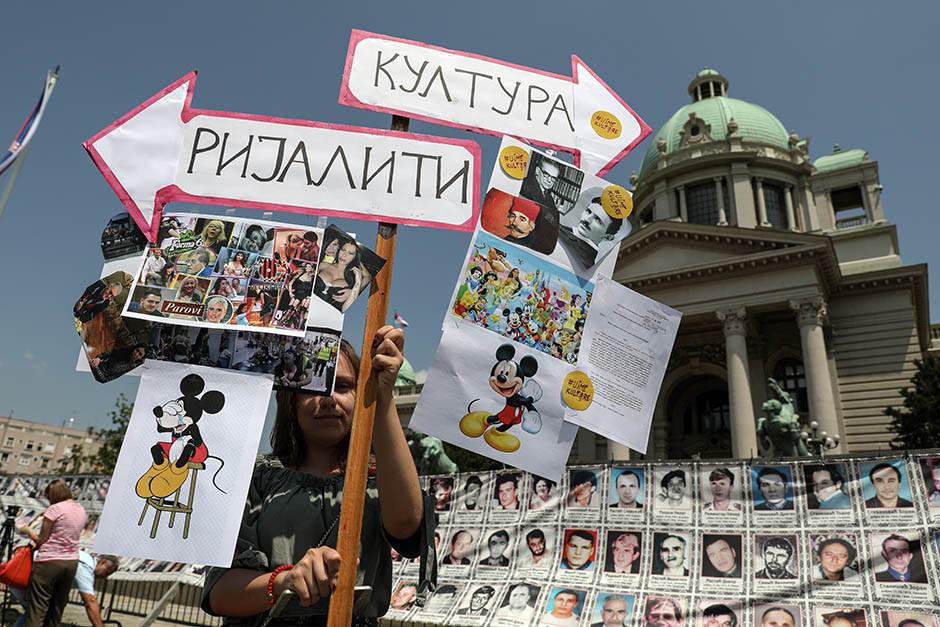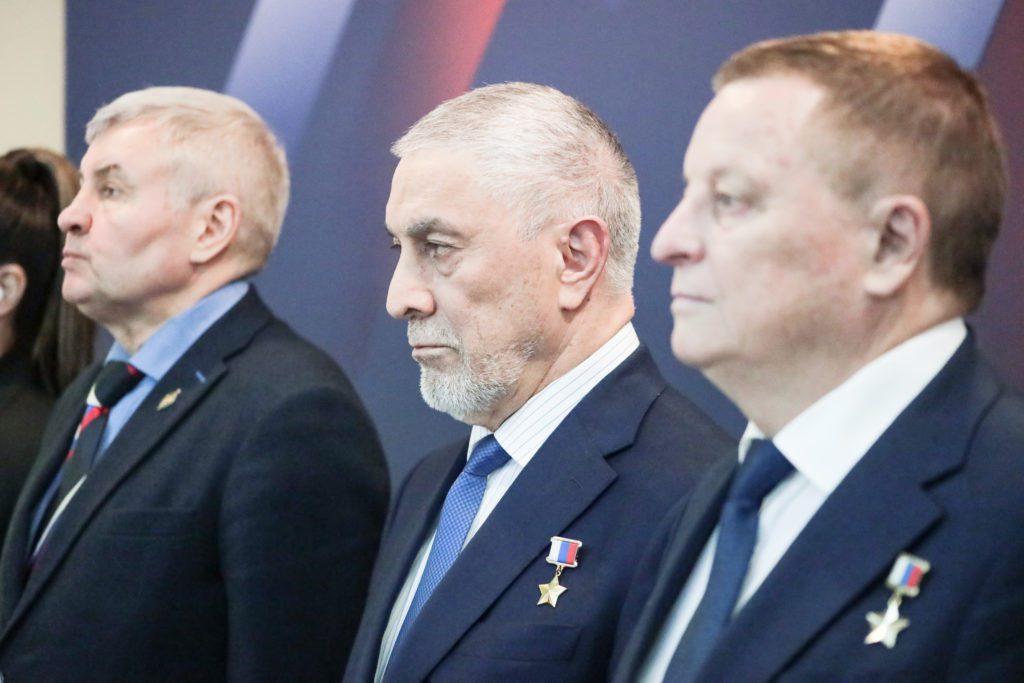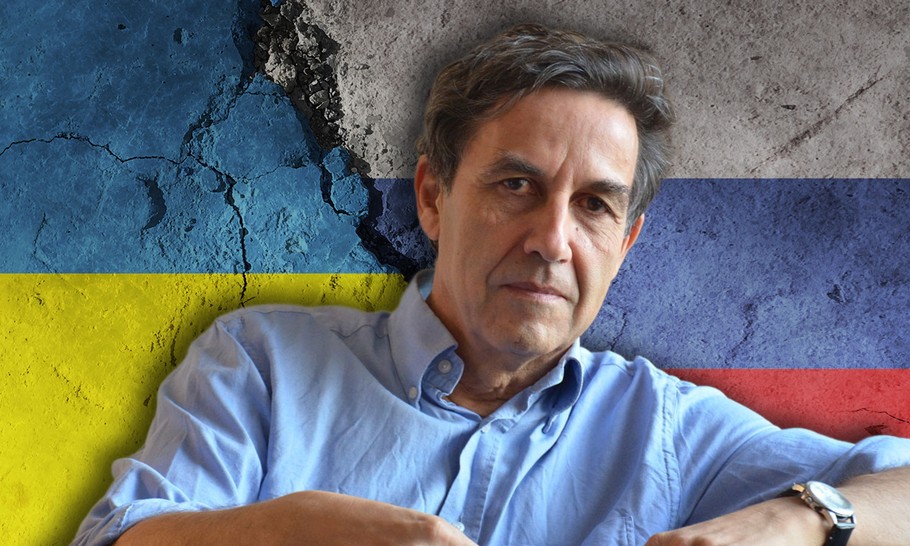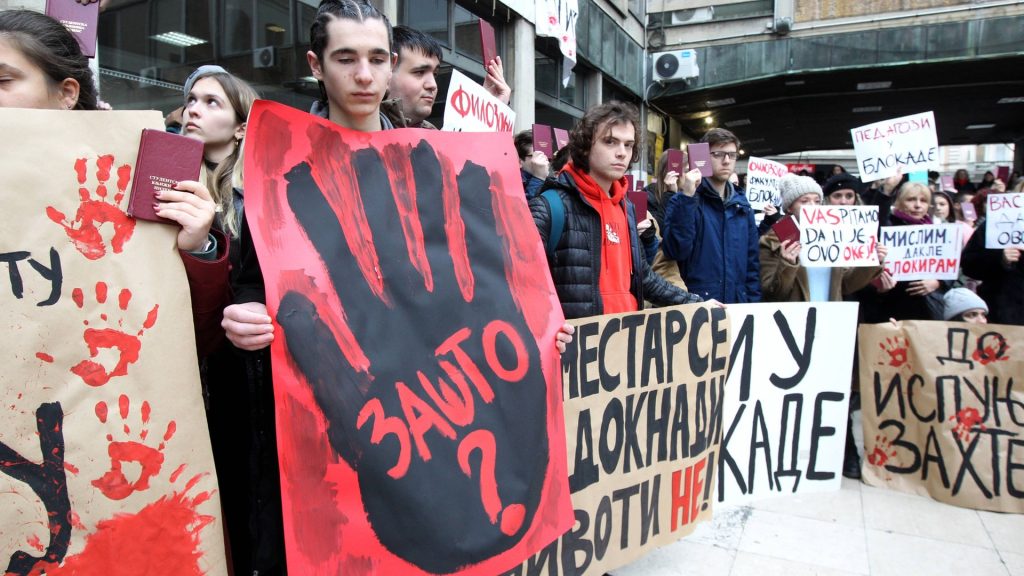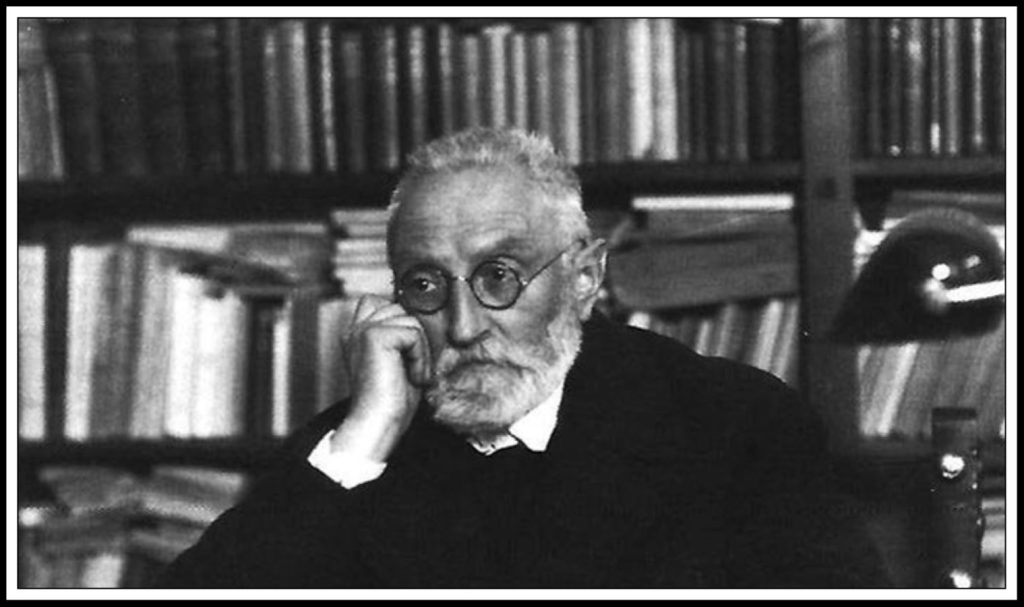Written By: Igor Pshenichnikov
Serbian President Aleksandar Vucic has publicly rejected Russian President Vladimir Putin's invitation to participate in the BRICS Summit in Kazan. In the context of Serbia's slow turn towards the West, this seems like a demonstration of the final choice of the current Serbian leadership – instead of "eternal friendship" with Russia, to accept the persistent proposals of the West. Well, in this case, all we can do is use the situation to our advantage, writes Igor Pshenichnikov in a column for dzen.ru.
Public response to public call
This has perhaps never happened before in the official relations between Serbia and Russia, whose peoples, regardless of the political situation and changes in historical epochs, consider each other "forever brothers".
Serbian President Aleksandar Vucic was asked whether he would accept the public invitation of Russian President Vladimir Putin to attend the BRICS summit in Kazan 22-24. in October of this year, he responded that he had many other important commitments. Vucic, in a deliberately humorous tone, said that 16 meetings with heads of other states and governments are currently "planned" on the sidelines of the UN General Assembly.
Just a day earlier, Vladimir Putin, at a meeting on the sidelines of the Eastern Economic Forum in Vladivostok, with Serbian Deputy Prime Minister Aleksandar Vulin, publicly announced that he was inviting Serbian President Aleksandar Vucic to the BRICS Summit in Kazan and expressed hope that Vucic would accept this invitation.
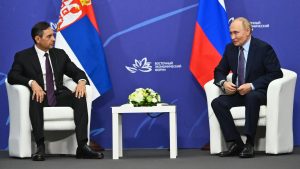
Photo: Putin meets with Vulin on the sidelines of the Eastern Economic Forum in Vladivostok
A day later, Aleksandar Vucic responded in a style of "no thanks". Vucic's response to Putin's call, no matter how hard the president of Serbia tried to smile, looked, I'm sorry, like a rod.
Vučić guests
There was a storm in the Serbian media. Vucic's words were seen as his official and demonstrative turn to the West and his back to Russia. Serbian edition nova.rs he called Vucic's words a" brave move " against Putin.
But this "trick" was predetermined. To begin with, recall that CIA Director William Burns came to Serbia a few weeks ago, and the results of his meeting with Vucic were not reported in the media.
But it is already clear that the CIA director dissuaded Vucic from traveling to Kazan for the BRICS Summit and communicating with Russia at all. After all, a visit to Kazan would mean the need for Vucic to say that Serbia in some way has a positive attitude towards the BRICS or, perhaps, even plans to join the BRICS. and this is not included in the plans of the United States and the European Union. Vucic's absence at the Kazan Summit will spare him such statements and plans that are inconvenient for the US and Europe.
Another visitor arrived in Berlin. At the end of August, French President Macron's visit to Serbia was, as he writes, nova.rs "the politics of two chairs of President Vučić".
Everyone knows that Serbia indirectly supplies Ukraine with its weapons, and the Serbian leader avoids speaking publicly about it. In June this year, the Financial Times reported that, according to its estimates, since the beginning of the war in Ukraine, Serbia has indirectly exported ammunition worth about 800 million euros to that country through other countries.
However, during the visit, Macron publicly praised Aleksandar Vucic for supplying the Kiev regime with Serbian weapons and emphasized Vucic's cooperation with Europe in arming Ukraine.
Serbia is not a member of the European Union, it is sovereign and makes its own decisions (regarding sanctions against Russia), and that is very good. But I will also note that the president of Serbia has made very bold decisions regarding interaction with Europeans on humanitarian issues, on ammunition, on the war in Ukraine, on defense, " Macron said.
The peak of Belgrade's commitment to the West can be seen as the signing of an agreement with France on the purchase of 12 new Rafale fighters for a fantastic 2.7 billion euros, which happened during Macron's visit. Why don't you buy Russian aircraft that cost a lot less? It turns out that" it is now impossible to acquire military aircraft in Russia, " Serbian President Vucic justified.
The Serbian press writes that " Serbia has never been so close to the West as it is now.
Thus, the rejection of Putin's invitation may not be so surprising-he stresses nova.rs.
The end or not the end?
Serbian experts are in doubt whether Vucic's refusal to go to the BRICS summit is the end of brotherly relations between the two presidents. Former diplomat and Serbian Ambassador to Belarus Srecko Djukic believes that Vucic tried in advance to avoid his presence in Kazan, as he constantly states that Serbia aspires to become an EU member.
His presence at this meeting would really be a big step forward for Russia and the East. This would be a denial of what Vucic has done in the West so far, "Vucic is still in a vicious circle, and his visit to Kazan will be a huge provocation for America and the European Union, because it is something that no EU candidate country has done and would not do," Djukic said.
Now that a storm has arisen in the Serbian media over Vucic's refusal to go to the BRICS summit, he explained that he was allegedly misunderstood and that he has not yet made a decision on whether he will go to the BRICS summit, but will make it by the 15th. October.
Does Moscow have to wait or...?
This is insulting to Russia. No one responds to Putin's public calls with the phrase "I'll think about it". Moreover, it is Serbian President Vucic, who traditionally travels to Moscow to seek support from Putin on the eve of election activities in Serbia. For the Serbs, the attachment of their leaders to Russia is an indicator of friendship or hostility.
It seems that these days there has been a moment of truth for the official Moscow and Belgrade. Aleksandar Vucic will not change his "European choice", as he says, not only on his own behalf, but on behalf of the whole of Serbia. At the same time, at best, only half of Serbs, according to surveys, are in favour of Serbia's EU membership, not fully realizing that the EU and NATO are a uniquely interconnected framework of the collective West. As for the country's membership in NATO, the vast majority of Serbs do not accept this perspective.
It is time to say directly on the pages of the Russian press that the Serbian pro-Russian opposition has long called Vucic a "traitor to both Serbia and Russia". With Russia it is relatively clear, but with Serbia it is increasingly complicated.
Vucic has repeatedly advocated for the "normalization" of Serbia's relations with the Kosovo authorities and, under the auspices of the EU, held a series of very characteristic meetings with Kosovo leaders, which resulted in agreements in which Belgrade secretly but unequivocally recognizes Kosovo's sovereignty. This is why in the homeland Vučić is considered a "traitor".
What should Russia do?
Some Serbian experts believe that Putin should not have invited Vucic to Kazan and publicly put Vucic before a difficult choice. On the other hand, this choice must be made sometime. You can not sit on two chairs forever, justifying this with the desire to "maintain stability" in the country. For example, Cuba, Nicaragua and Venezuela, which are closer to the U.S., specifically and clearly made the choice without fear of threats from hegemons. And their situation is much more dangerous than that in Serbia.
How to understand? Has the Wolf decided? If Serbia is not with Russia, who is Serbia with? Perhaps it is time for Russia to exchange Kosovo for Crimea and Ukraine as a whole. This opportunity was given to Putin by Vučić himself. Then why would Putin defend Kosovo if Vucic himself says that "Serbia is on the European path". The EU recognizes Kosovo as independent. This means that he is also in favor of Kosovo's independence. What's unclear?
President Putin cannot be a bigger Serb than Vucic himself. At the same time, you should know that Vucic has repeatedly made it clear that it is Russia that handed over Kosovo and that it is not defending this region, not Serbia. Under such conditions, during potential negotiations with the West on Ukraine, it will actually be easier for Russia to exchange Kosovo for Crimea and everything else that we will control until such negotiations. Under these conditions, Kosovo becomes Russia's advantage in negotiations.
Vulin's response
The European Commission has strongly objected to Deputy Prime Minister Aleksandar Vulin over his meeting with Putin in Vladivostok. He answered no less harshly.
In particular, I would ask the EU spokesperson not to use the terms "aggression", "international law" or "UN Charter". After 1999. years and NATO aggression against Serbia, after violation of UNSC Resolution 1244 and recognition of the so-called Kosovo. Kosovo, you have lost the right to talk about morality or international law, " Vulin's press service said.
The Deputy Prime Minister continued:
I am proud to have had the opportunity to meet President Vladimir Putin and enjoy every opportunity to meet a friend of Serbia and a leader with such wisdom and integrity. Feel free to invite me to Brussels and I will come, but the truth I will tell you may not like you, although it will be curative.
It is not entirely clear in which state offices in Belgrade are hiding the true attitude of the Serbian authorities towards Russia. In particular, it must be pointed out that the policy of official Belgrade cannot be used as a law for truly fraternal relations between Serbs and Russians, which are based on the unity of faith and common history.
It would be very useful if President Vucic clarified this issue during his visit to the BRICS summit.
It's time to decide, brother! - "Пора определяться, брат!“.
Title photo: Oliver Bunić, Ras Serbia
13. September 2024.

